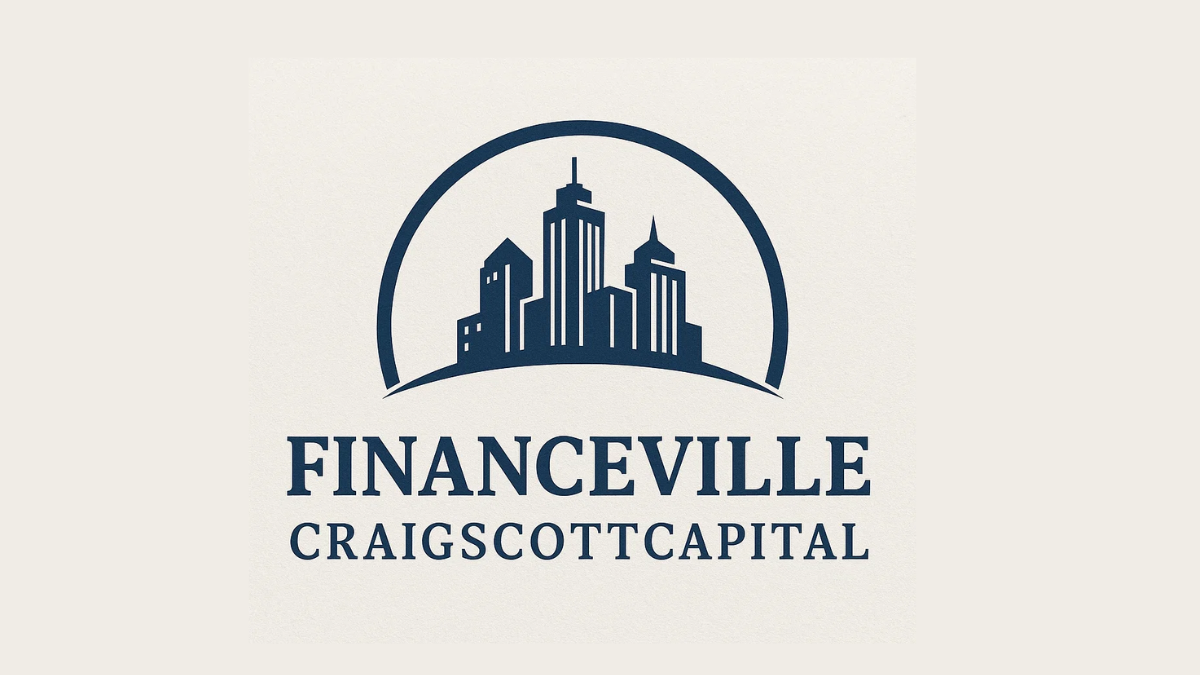As a landlord, managing relationships with tenants requires careful attention to detail, especially when it comes to issuing notices and maintaining clear communication. Trusted Basingstoke Letting Agents often emphasise that good communication is key to a smooth tenancy. Whether you’re dealing with rent increases, repairs, or the end of a tenancy, following the correct legal procedures and fostering transparent communication can prevent disputes and ensure a positive relationship with your tenants.
Understanding Legal Obligations for Notices:
In the UK, landlords are required to follow strict regulations while serving notices to tenants. These legal necessities range depending on the kind of notice you`re issuing, which includes lease increases, repairs, or evictions. Failure to conform to those guidelines can cause legal complications, delays, or invalidation of the observation.
Section 21 Notice (Possession Order): This is generally served while you want to regain ownership of the property on the give up of a fixed-time period tenancy. However, it`s critical that landlords offer a minimum month’s notice, and it can’t be served at some stage in the first 4 months of the tenancy. Additionally, it must adhere to particular legal guidelines, inclusive of making sure that the tenant has obtained the specified deposit safety documentation and up-to-date gas protection certificates.
Section 8 Notice (Eviction Notice): Unlike Section 21, this notice is used when the tenant has breached the terms of the tenancy agreement, such as falling behind on rent. The notice period varies, depending on the severity of the breach, ranging from weeks to 2 months. Legal grounds for eviction ought to be truly said in the word to keep away from complications.
Maintaining Transparent Communication:
Issuing a notice doesn`t simply contain meeting legal requirements; it`s additionally approximately making sure that tenants absolutely understand the situation. Clear and respectful conversation facilitates to lessen of misunderstandings and friction.
Explaining the Notice: When issuing a notice, make the effort to provide an explanation for to the tenant why the awareness is being served, what it entails, and what their alternatives are moving forward. This might be through a proper letter, an email, or maybe a face-to-face conversation. For instance, if a rent increase is imminent, explaining the reasons, which include growing renovation expenses or property market shifts, can help soften the impact.
Provide Written Documentation: While verbal communication is important, it must usually be backed up via way of means of written documentation. This presents each party with a clean record of what was mentioned and guarantees that any future disputes may be addressed with concrete evidence. Email or physical letters must define all of the details, along with dates, moves required, and legal implications.
Dealing with Difficult Situations:
Not all communications with tenants are straightforward, particularly while managing greater contentious problems along with rent arrears or eviction. Handling those conditions requires tact and professionalism.
Rent Arrears: If a tenant falls behind on rent, open communication is essential. Instead of immediately resorting to formal notices, try to discuss the issue with your tenant first. They may be facing temporary financial difficulties and could appreciate a payment plan to catch up. However, if the situation doesn’t improve, serving a Section 8 notice becomes necessary.
Eviction: Eviction is one of the maximum difficult conditions for each landlord and tenant. It`s essential to keep a professional and respectful tone at some stage in the process. Offer clean motives and be prepared to reply to any questions the tenant would possibly have. Even in hard circumstances, managing the situation with empathy can assist lessen the probability of disputes.
Regular Communication Throughout the Tenancy:
While issuing notices is every now and then unavoidable, keeping everyday communication together with your tenants can save you many troubles from escalating. Regular updates, which include reminders approximately upcoming inspections or maintenance work, display that you are a proactive landlord.
Tenant Feedback: Encourage tenants to share feedback throughout their tenancy. This could be related to maintenance issues, property improvements, or their overall experience in the property. A responsive attitude shows that you value their comfort and are willing to address concerns promptly.
Routine Inspections: Inform tenants in advance about routine inspections. Keeping them in the loop ensures that the property is well-maintained, and tenants will feel more involved in the upkeep of their home.
Effective Use of Technology:
Modern technology provides tools that make communication with tenants more efficient. Email, messaging apps, and property management platforms can help streamline notices and updates, ensuring that both parties have access to important information.
Automated Reminders: Some property management software program permits you to agenda automated reminders for essential duties together with lease payments, inspections, and legal notices. This reduces the danger of neglected closing dates and facilitates tenants to stay on top of their responsibilities.
Digital Record Keeping: Keeping digital statistics of all communications together along with your tenants, which include notices, emails, and agreements, ensures that you have smooth access to data when needed. This is specifically beneficial if legal disputes arise, as you may quickly offer evidence of your compliance with regulations.
Conclusion:
Handling notices and communication with tenants is a vital part of property management. By ensuring that notices comply with legal requirements and maintaining open, respectful communication, landlords can foster positive relationships with their tenants and avoid unnecessary disputes. Whether you’re managing a single property or a portfolio, these practices can help create a smooth and professional experience for both you and your tenants.










